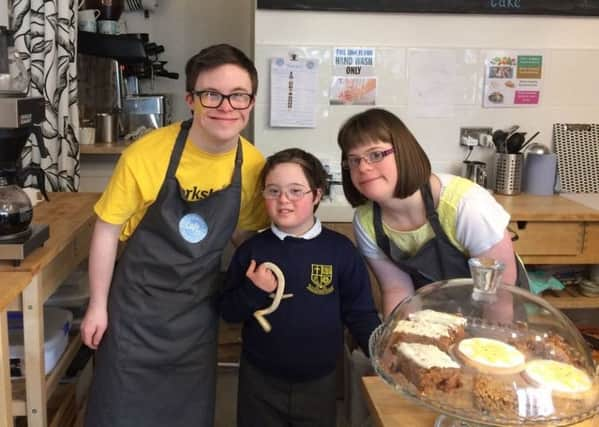Why charities need business leaders as mentors


The Cranfield Trust, which provides free tailored business support to voluntary organisations, believes every non-profit organisation should have the management expertise they need to help them thrive.
It provides management consultancy, through a team of volunteers, free of charge, to any registered non-profit organisation which has a primary purpose of addressing the issues of poverty, disability or social exclusion.
Advertisement
Hide AdAdvertisement
Hide AdIt can help with everything from strategic planning to marketing plans, mentoring and financial forecasting.
Each year, it supports over 1,700 charities through projects, workshops, and a free online HR service, HRnet.
Its national team of over 1,000 volunteers gives over 16,000 hours of free support a year. In 2019, it ran 464 consultancy projects.
The Cranfield Trust, which has 42 volunteers in Yorkshire, took on 14 new projects across the region last year.
Advertisement
Hide AdAdvertisement
Hide AdThis year, Jo Crebbin, the trust’s project manager for Yorkshire, intends to ramp this up to 25, but it needs 30-50 more volunteers.
“Our volunteers have the opportunity to help someone by sharing their skill set,” she said.
“They go into an organisation for a specific project and know at the end that they have made a real difference to the way the charity is run.
“It’s about giving charities and social enterprises the ability to be better versions of themselves.”
Advertisement
Hide AdAdvertisement
Hide AdMs Crebbin said the ideal volunteer is someone who is experienced in their field, used to working with a cross section of people, and who wants to use their skills to support charities to become stronger and more sustainable.
“We are particularly short of volunteers from core disciplines such as finance, marketing, HR, PR and entrepreneurs who have run their own businesses, because often charities are looking to diversify their income streams,” she said.
“However, given the increasing demands we would welcome experienced people from a range of disciplines.”
The Cranfield Trust, which is a charity itself and is funded through trust funds and donations from high net worth individuals, has worked with a number of different Yorkshire charities.
Advertisement
Hide AdAdvertisement
Hide AdIt mentored Speak With IT – a small charity in Wakefield which helps people with aphasia with their speech when no other speech therapy is available.
It also helped Sunshine & Smiles – a support network for families in Leeds with a child with Down Syndrome.
“That project was so successful, Sunshine and Smiles asked to be mentored by the same volunteer for another project,” Ms Crebbin said.
She added: “The volunteers help those running the charities to seek clarity. A lot of charities are quite small and it can be lonely being a CEO on your own. Having that extra person to talk to can make a big difference.”
Advertisement
Hide AdAdvertisement
Hide AdVolunteers commit between half a day and two days a month to a project and projects last between six and 12 months.
“We try to get volunteers to work alongside charities, show them how to do something rather than do it for them,” said Ms Crebbin. “We want them to transfer the knowledge and skills so they can do it for themselves.”